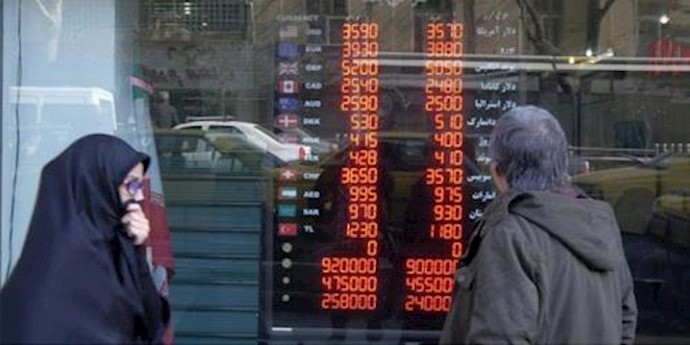ZURICH- Companies should not blame U.S. sanctions for stopping them investing in Iran, a State Department official told businesses on Wednesday, saying there were many other risks putting off would-be investors.
The United States and Europe lifted sanctions in January under a deal with Tehran to limit its nuclear program, but U.S. sanctions unrelated to the nuclear issue remain, banning dollar transactions with Iran and making it harder for companies to access finance for business in the Islamic Republic.
Jarrett Blanc, the State Department’s deputy lead coordinator of last year’s nuclear deal, said companies should tell their Iranian partners that it was not just those remaining sanctions that were holding up business deals.
“Many times, in the past 100 days, we have found international firms who have said to Iran: ’Only U.S. sanctions are preventing you from doing business’,” Blanc told 400 people at a forum for European business with Iran in Zurich.
“But when we dig a little deeper, and seek to answer questions about precisely your concerns, it turns out that your business decisions, not surprisingly, in fact take into account concerns well beyond sanctions.”
Iran has signed billions of dollars of deals with European firms since the nuclear sanctions were lifted, including a $27 billion aircraft order from Airbus. But deals requiring investment inside Iran have moved slowly.
Ali Khamenei, has blamed the delays squarely on the United States.
“The U.S. Treasury … acts in such a way that big corporations, big institutions and big banks do not dare to come and deal with Iran,” Khamenei said in March.
Iranian businesses at the Zurich forum said European banks were staying away due to U.S. pressure.
While the United States does not prohibit foreign banks from doing business with Iran, many are wary after facing multi-billion dollar fines during the sanctions era.
Nonetheless, lawyers and consultants have consistently warned would-be investors of a wide range of other risks including complex regulations, unclear dispute mechanisms, labor issues, and corruption.
Blanc said investors who acknowledge these concerns privately should communicate them to their Iranian partners. “Don’t take the easy way out, by just saying ’U.S. sanctions, U.S. sanctions, U.S. sanctions’,” he said.
In another related development, US media reported on Wednesday that a trio of House lawmakers is pressing the Boeing Company to refrain from selling aircraft, parts or related services to Iran, citing the country’s links to terror financing.
In a letter to Boeing’s chief executive officer Dennis Muilenburg this week, the Illinois Republicans blasted the Chicago-based company for reportedly considering a business deal with Tehran.
“Such commercial transactions would effectively subsidize the world’s leading state sponsor of terrorism, significantly augmenting the regime’s ability to sow the seeds of death and destruction around the globe,” the lawmakers wrote.
The letter is signed by Illinois Republican Reps. Peter Roskam, Robert Dold and Randy Hultgren.
But the lawmakers warned that Iran Air has used its planes to supply weapons, troops and cash on behalf of the Islamic Revolutionary Guard Corps, and urged Boeing “not to be complicit in the likely conversion of Boeing aircraft to IRGC warplanes.”
“This is not about doing what is legal – it is about doing what is right,” the letter said.
The lawmakers added that they are exploring legislative options to emphasize the risks and repercussions of a deal they say places profits over safety.
Source: Reuters, US Media, 4 May 2016








